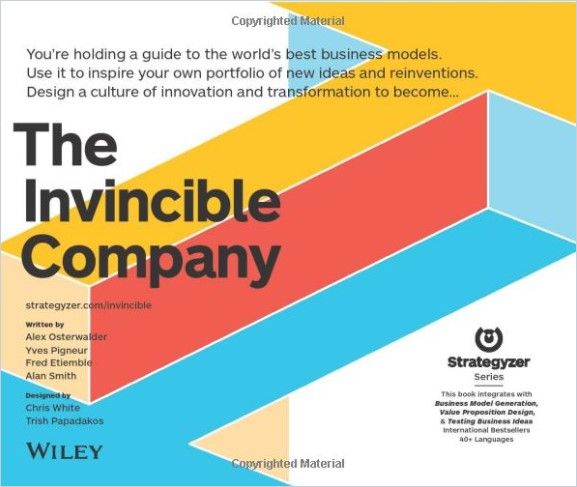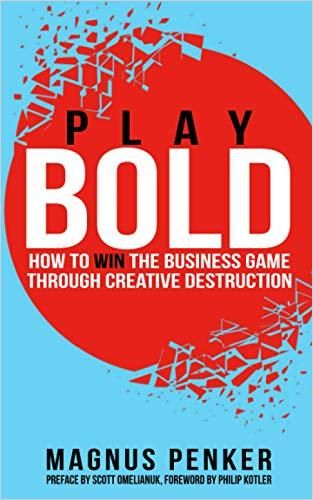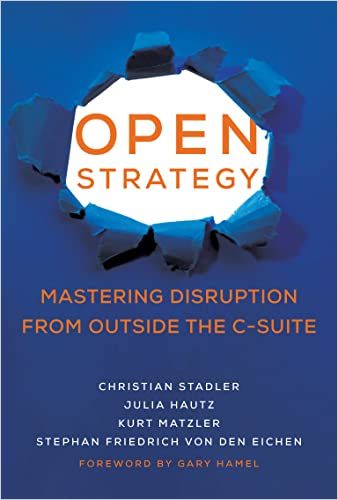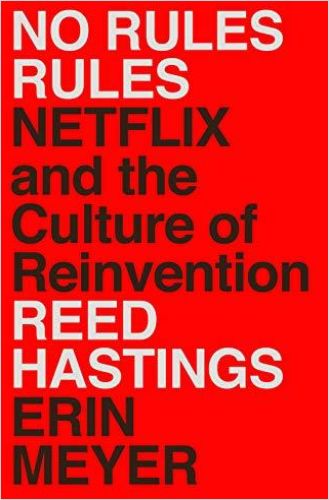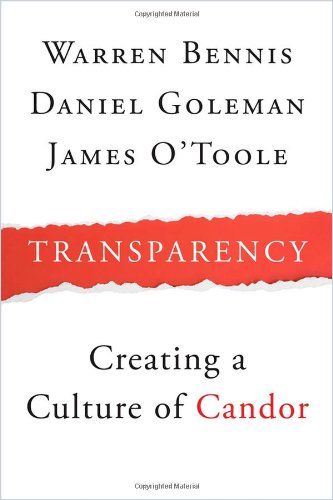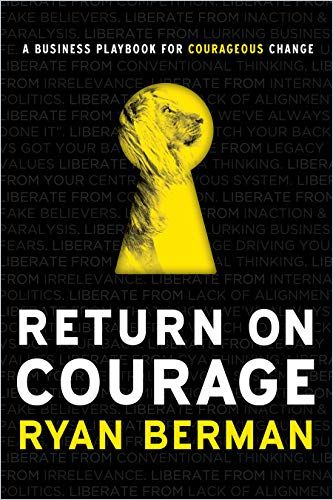Courage and Candor

Famed CEO of Netflix, Reed Hastings, led Netflix from a DVD-by-mail video rental business to a pioneering superstar tech company and then to an award-winning TV and film production studio, all the while navigating the ever-shifting waters of global digital transformation. If you ask him what enabled this meteoric success, he will tell you without hesitation: it’s culture. Netflix knew from the beginning it would have to be creative and agile to win in the marketplace. To do so would take courage, and a courageous company needs a courageous culture.
1. Culture is Built From the Values You Reward
Netflix is known for having “no rules,” but that doesn’t mean it has no values. On the contrary, without rules, values are even more important. In his book, No Rules Rules, Hastings emphasizes the company’s values of people and innovation over rules and efficiency. In conversation with venture capitalist Ben Horowitz on his a16Z podcast, he spoke about “Designing a Culture of Reinvention” and makes the point that a company’s culture is not necessarily its stated values, but the behaviors it rewards. Enron stated it valued integrity, but its lack of integrity in practice defrauded investors and led to bankruptcy. Netflix leaders thought it was important not to burden the company with too many processes and rules, so periodically they go through a ‘spring cleaning’ to get rid of them. Instead, Netflix relies on its “culture memo” that describes the values it upholds and that it intends to reward. It’s also a way of holding their executives accountable.

Netflix set out to create a courageous culture, one willing to take calculated risks in response to a quickly evolving market in streaming video. It wouldn’t have been possible without building talent through the habit of constant feedback underpinned by radical candor.

2. “Radical Candor” Aids Agility
Honesty is crucial to performance feedback, otherwise it’s not useful. Employees want their managers to be honest with them, so they can troubleshoot weak areas and build on their strengths. Honest feedback keeps employees engaged. At Netflix, employees are encouraged to challenge even their bosses. Hastings expects his executives to challenge him with honest feedback if they don’t agree with him and publicly rewards them for doing so.
At multiple levels, you want to overcome people’s reticence to provide useful feedback to power figures.
Reed Hastings
“Radical candor” is a form of feedback developed by former Apple and Google executive Kim Scott that takes honesty to the next level. It can be perceived as blunt. The trick is to be direct while also being sure the person you’re giving feedback to knows that, on a personal level, you care; the feedback isn’t personal, it’s meant to help. Radical candor has proven its meddle in startups that don’t have the time or resources to play office politics. It’s necessary for volatile business environments where companies expect their workers to keep up with the swift pace of change. To remain agile, to ensure that everyone is on the same page, even when the page changes, requires open communication and radical candor.

Scott recommends implementing four guidelines for practicing radical candor:
- Ask for feedback after every interaction.
- Don’t allow backstabbing. Be sure people in conflict resolve their conflict first or come to you together.
- Be available to a manager’s reports as a group to encourage feedback about their manager, while also sharing this information to facilitate improvement.
- Prioritize your own physical, mental and emotional health so you can be genuinely caring of others.
In The Courage Solution, author Mindy Mackenzie recognizes that not all bosses appreciate brutally honest feedback. Sometimes they’d prefer no feedback at all. Understanding your boss better – likes, dislikes, main priorities and values – is crucial to improving interactions.

At the same time, make it your business to understand everything about your company’s values, goals and strategies. Focus on building a good and trusting relationship. Voice both compliments and concerns in private and praise your boss in public. When your feedback aligns with company objectives and includes positive observations as well as diplomatically phrased critiques, your boss is much more likely to listen. This same advice holds for relationships with co-workers. If something a co-worker does aggravates you, don’t let tensions build. Be courageous enough to broach the subject calmly yet firmly. Perhaps your co-worker is honestly unaware of the problems their behavior causes. Give them the benefit of the doubt, but have the courage to be honest.

3. Bake Coaching Into Every Relationship To Build Trust
Truth and courage are easier for people when their culture supports it and they see leaders who model these values. Creativity expert Douglas Riddle recommends doing the deliberate work it takes to foster a “coaching culture” in his report “Truth and Courage.” People who work in such an environment routinely reflect on company goals and innovate without fear if they fail. Even “difficult conversations” will provoke change for the better when people know the goal is to encourage growth.

To work coaching into your culture, start by implementing routine formal coaching and informal, in-the-moment feedback sessions among leadership. Once leaders are convinced of the positive effects, start incorporating such sessions into every relationship; begin by announcing this intention and that you will be soliciting feedback from everybody about how to build a more responsive organization. Include teaching coaching techniques in your leadership development training. Encourage peer-to-peer coaching and develop incentives to reward the coaching habit.
A coaching view affirms that by inspiring discovery, reflection and persistence in another person, that person becomes capable of significantly greater achievement, deeper and broader thinking, and more consistent expression of their values over time.
Douglas Riddle

4. It All Takes Courage
Courage, as opposed to egoistic brashness, attracts people to you and challenges them to do their best, say Drs. Merom Klein and Rod Napier in The Courage to Act. People need the courage to survive today’s highly volatile, aggressive and ever-changing business environment, let alone to take action. There will always be plenty of obstacles and it takes courage to keep overcoming them.

Model truth-telling and ask for input from others to encourage them to speak up. Create an environment of psychological safety, so colleagues don’t fear to speak; in fact, they consider it part of their job to express how they see company policies and strategies playing out. You must also have the courage to listen dispassionately to critique, be willing to consider it, and be willing to change if need be. If you want to encourage your workforce to innovate and take risks, you need to reward risk-taking. Embrace the fact that no one person is a hero; it takes a team to succeed. This, also, takes courage.
Without the need for risk, there would be no real need for courage.
Dr. Merom Klein and Dr. Rod Napier

Read these Journal articles for more actionable advice on how to develop your own courageous culture:
